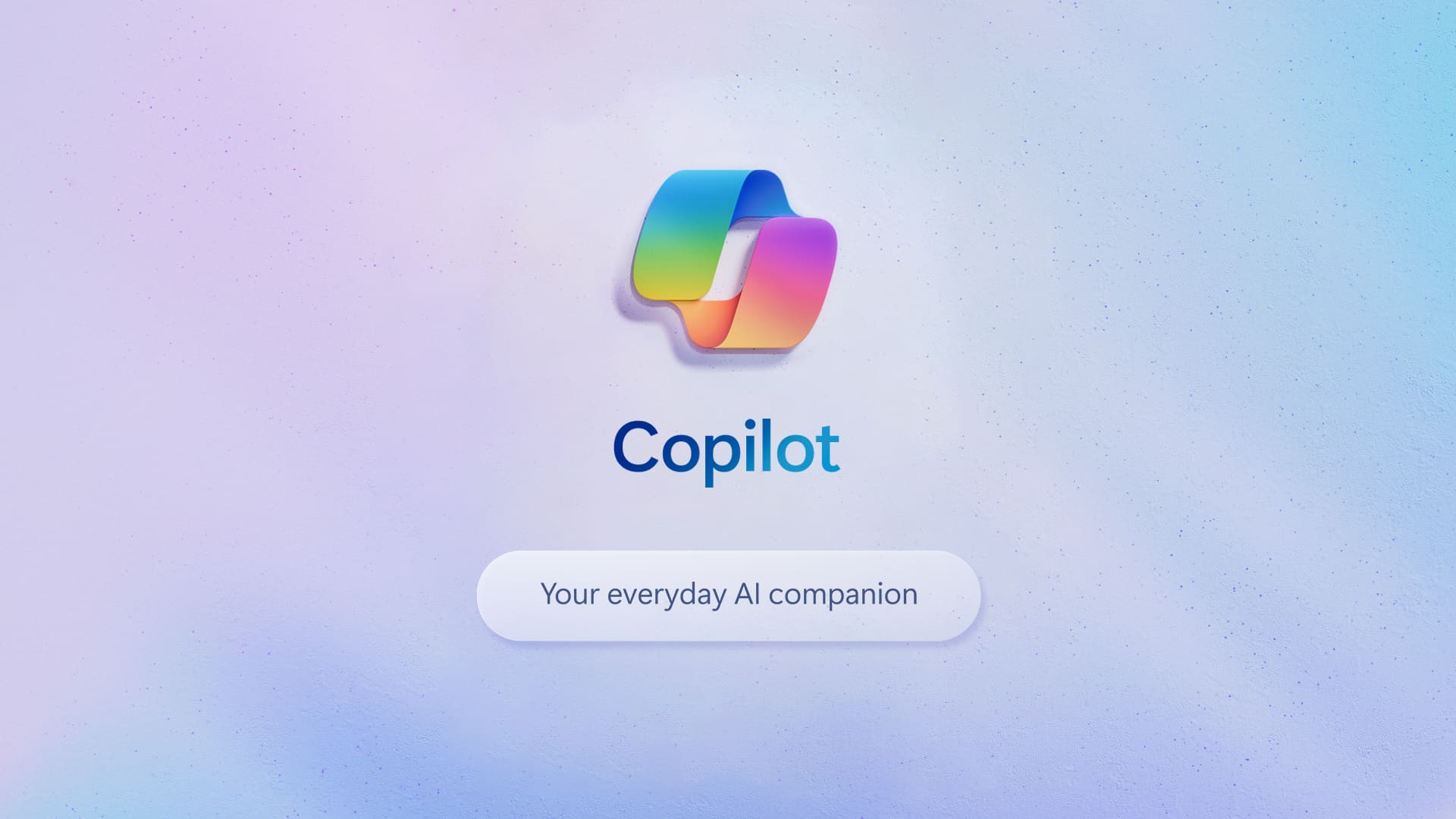The introduction of Microsoft’s new Computer-Using Agents (CUA) on its Copilot Studio platform could mark a turning point in the evolution of the artificial intelligence market. For many industry observers, this move feels familiar. It’s not just about technological innovation, but about distribution, scale, and ecosystem. In other words, it’s about strategy.
A déjà vu: Slack vs Teams… now with AI version
Recent history offers an eloquent parallel. Slack revolutionized the world of business communication. Microsoft responded with Teams, which was integrated into its Office 365 suite and, in a short time, surpassed its competitor. Not necessarily because it was better, but because it was in the right place, with the right integration and the right commercial muscle.
Today, something similar may be happening in the world of intelligent agents:
- OpenAI launches Operator and other startups innovate in autonomous automation.
- Microsoft takes that same technology — largely also based on OpenAI — and turns it into CUA within its Copilot platform.
- But it doesn’t launch it as a separate tool; instead, it’s integrated directly into its existing enterprise infrastructure deployed at a global scale.
And that changes the rules of the game.
What are Computer-Using Agents?
The new agents from Copilot Studio do not rely on APIs or custom integrations. They can literally “see” the screen, interpret graphical interface elements, click, fill out forms, navigate through web or desktop applications, and do so with natural language instructions. They are a kind of next-generation RPA (robotic process automation), driven by language models, with autonomous reasoning and real-time adaptability.
These agents enable:
- Automation of processes in apps without APIs
- Adaptation to dynamic visual changes
- Logging their activity and reasoning for audits
- Execution securely within Microsoft’s cloud
Microsoft’s strategic advantage isn’t just in AI
If there’s one thing that has become clear in recent years, it’s that having the most advanced technology is not enough. What matters is the ability to put that technology in the hands of millions of users quickly and reliably.
And on that front, Microsoft has an overwhelming advantage:
- Ecosystem: Office, Teams, Dynamics, Azure, Windows. Direct and native integration.
- Users: Hundreds of millions of active business users.
- Distribution: Established channels with IT departments and corporate decision-makers.
- Security and compliance: Microsoft meets the most stringent regulations (GDPR, HIPAA, ISO).
- Zero marginal cost: For many companies, adding a new Copilot feature is as simple as activating another license.
OpenAI, Anthropic, Perplexity, or any startup with advanced AI cannot replicate that overnight.
What changes with this new generation of agents?
If chatbots were conversation assistants, these new agents are autonomous operators. They don’t tell you what to do. They do it for you. And they do it like a person in front of the screen would, but faster, without rest, and at scale.
Real use cases already proposed by Microsoft include:
- Mass data entry into legacy systems
- Automation of invoice processing
- Information gathering from websites for market intelligence
- Interaction with closed systems without integration support
All this without the need for custom development or complex code.
Who wins the battle of the agents?
If we consider that:
- Adoption depends on ease of use and integration
- The most powerful AI needs a path to reach the end-user
- The greatest value lies in solving real problems, not demonstrating benchmarks
… then Microsoft has all the chances to lead the enterprise market of autonomous agents. Just like it did with Teams. Just like it is happening with Copilot in Office. And, likely, as it will with the CUAs.
Final thought: the post-API era?
In this new paradigm, the graphical interface is no longer a barrier. Agents don’t need special permissions or complex integrations. They can operate like a human, but with the speed and resilience of a machine.
This could usher in a post-API era, where any software, no matter how old or closed, can be automated without touching its backend.
And if that happens, those who already have the screen and the desktop — namely, Microsoft — can win simply by being in a position of advantage.
Are we facing a new silent monopoly? Or a radical democratization of automation?
The debate is on. But one thing seems clear: AI no longer just responds. It now acts.
📌 For more official information: https://www.microsoft.com/en-us/copilot/blog/copilot-studio-ui-automation-preview

